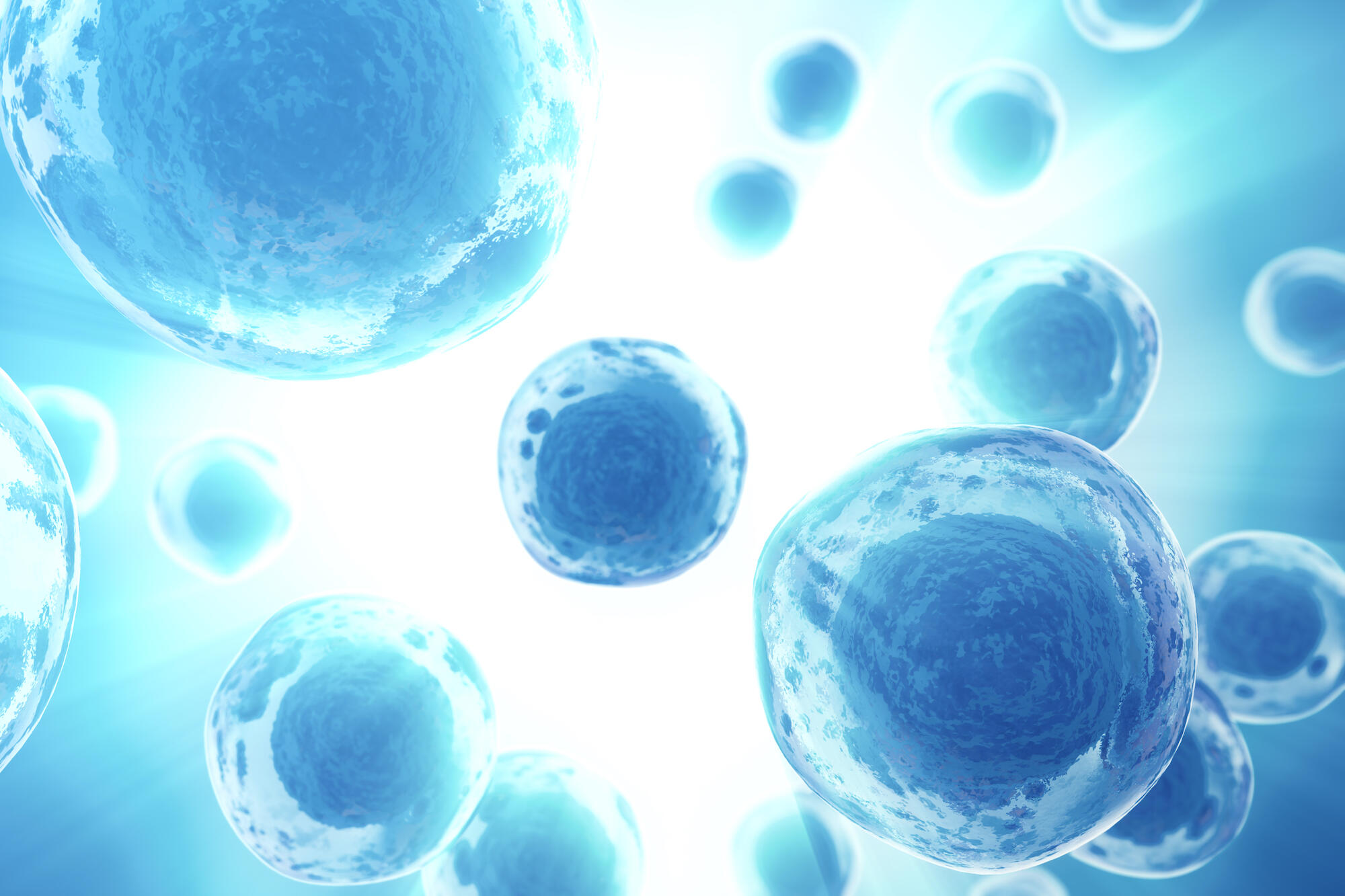
Aug. 24, 2021
$1.1M grant supports VCU research focused on drug discovery for ‘undruggable’ diseases
Share this story
Matthew Hartman, Ph.D., a professor in the Department of Chemistry in the College of Humanities and Sciences, has received a $1.1 million grant to develop a system that supports discovery of new drugs that target disease processes currently considered “undruggable.”
The four-year grant from the National Institute of General Medical Sciences of the National Institutes of Health will fund Hartman’s project, “Genetic Code Expansion for the Construction of Beyond Rule-of-5 Compliant Macrocyclic Peptide Libraries.” Also working on the project is Ashton Cropp, Ph.D., a professor in the Department of Chemistry.
“There are many disease processes in cells that we would like to block with drugs, but despite much effort many of these processes are currently ‘undruggable,’” Hartman said.

“Many of these undruggable processes involve interacting proteins, which are particularly challenging to disrupt because the interface between the proteins is quite large. Larger molecules can disrupt these interactions, but because of their size, these molecules are not able to enter the cells to do their job.”
The long-term goal of the research is to develop a system that will generate diverse collections of molecules that are small enough to enter cells, but large enough to block interacting proteins. The grant will support Hartman’s building out of the first few steps in the development of the drug delivery system.
“Since the system itself involves using the same machinery that cells use to make proteins, the research in the grant involves manipulating this machinery so that it can tolerate and assemble a wide variety of drug-like building blocks from which the drugs can be discovered,” he said.
Ultimately, Hartman said, the research could lead to new treatments for diseases.
“Once developed, our new system will be able to efficiently find new molecules that are potential drugs against disease pathways that are currently intractable,” he said.
Subscribe to VCU News
Subscribe to VCU News at newsletter.vcu.edu and receive a selection of stories, videos, photos, news clips and event listings in your inbox.







